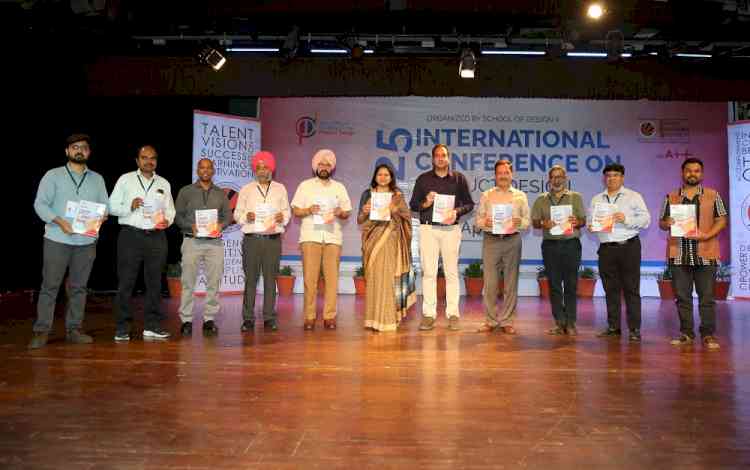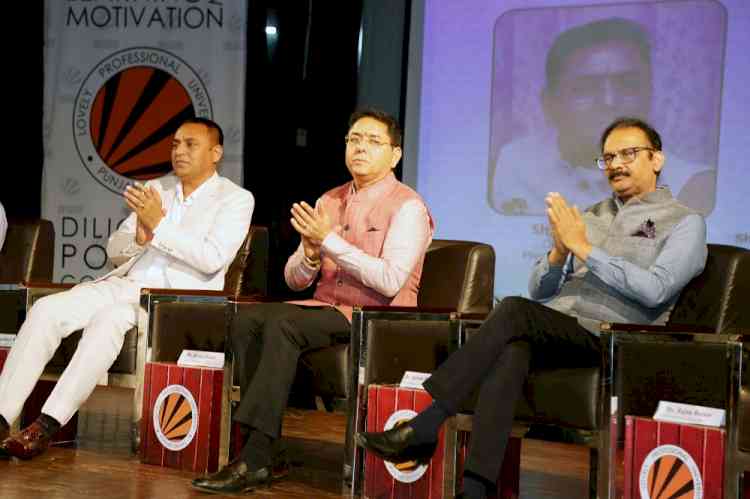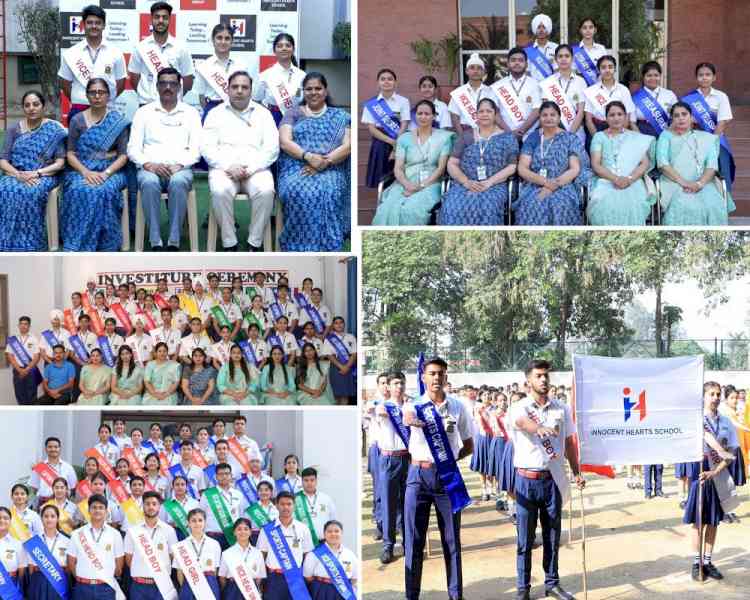Webinar on “Bioinformatics and Computational Biology: Applications in Basic Medical Science”
One day National Webinar on “Bioinformatics and Computational Biology: Applications in Basic Medical Science.”

Chandigarh, August 22, 2022: The Department of Microbiology, Panjab University, Chandigarh in collaboration with School of Life Sciences, Jaipur National University, Jaipur organized a one day national webinar today on the theme “Bioinformatics and Computational Biology: Applications in Basic Medical Science.”
The program started with a welcome address by Khemraj, Assistant Professor, department of microbiology. This was followed by an introductory note by Dr. Deepak K. Rahi, Chairman, department of microbiology, who gave a brief introduction about the department and the theme of the webinar to the audience. The program was divided into two sessions. The first session was chaired by Prof. Prince Sharma, Former Dean Science, Panjab University, Chandigarh.
The expert speaker for this session was Prof. Naidu Subbarao, School of Computational and Integrative sciences, Jawaharlal Nehru University (JNU), New Delhi who delivered a lecture on “ Structure based drug designing: Designing novel potential anti-malarial, anti-tuberculosis, anti-cancer and anti-viral agent.”
Dr. Naidu in his lecture briefed the audience about the different docking techniques and their use in designing potential novel drugs. He also discussed about the prevalence of drug resistance in tuberculosis and various methods that can be employed to overcome the same. Dr. Naidu also discussed about the different in-silico studies being carried out by his institute on dengue, malaria, and chicken-guniya and COVID-19.
The second session was chaired by Prof. S.K. Soni, Professor, department of microbiology. The highlight of this session as a talk by Dr. Sumit Govil, Assistant Director, School of life sciences, Jaipur National University, Jaipur on “ Data Science: An emerging solution.”
Dr. Govil discussed about data science, analyses and its applications in the biomedical field, prediction of new chemistry and management. He also discussed about the hurdles being faced in the application of data science and how one can overcome them. He ended the session by discussing about the different data analyses softwares and their utility in different fields. Students both at graduate and postgraduate level and a number of research scholars attended the webinar.
The program ended with a vote of thanks which was delivered by Khemraj, Assistant professor, Department of Microbiology.


 City Air News
City Air News 










